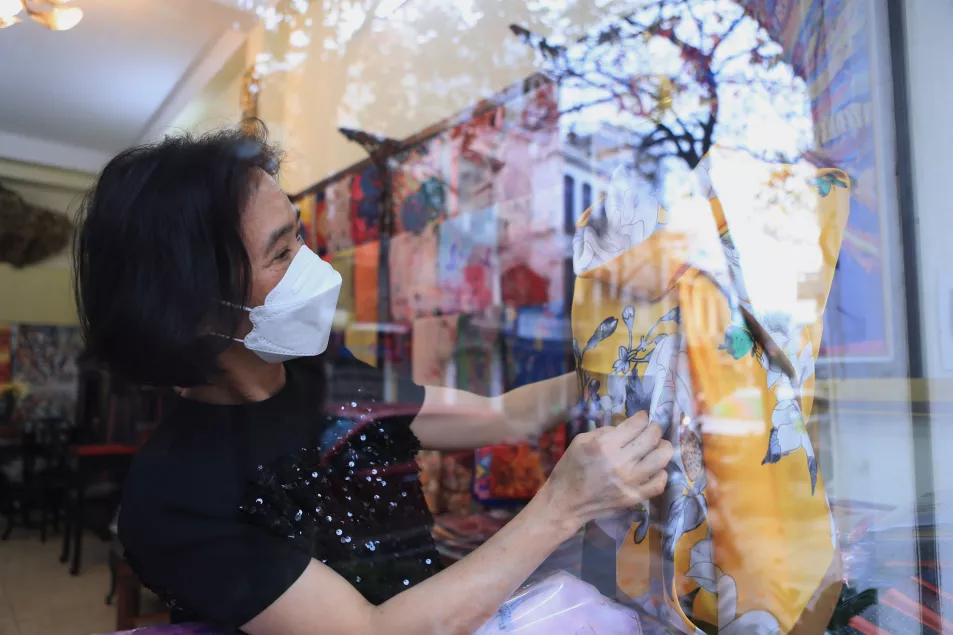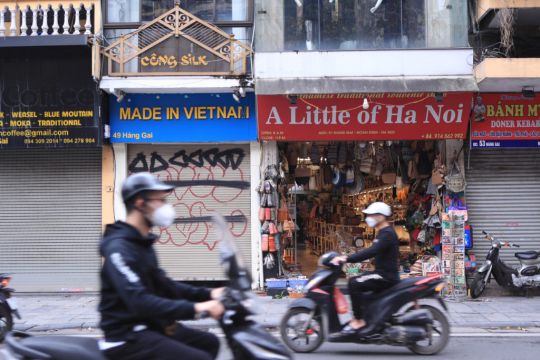Vietnam has scrapped quarantine and other travel restrictions for foreign visitors in an effort to fully reopen its border after two years of pandemic-related closure, the government said.
With immediate effect, visitors entering the Southeast Asian country now only need to show a negative Covid-19 test prior to arrival, the Health Ministry said.
Travellers must monitor their own health during the first 10 days of their stay and notify medical professionals in Vietnam if they experience any Covid-like symptoms.

Vietnam has also reinstated visa exemptions and the issuing of visas on arrival similar to their pre-pandemic status.
Vietnam closed its border and stopped issuing tourist visas in March 2020 to contain the spread of coronavirus. It partially reopened to international tourism last November for visitors travelling in strict bubbles.
In Hanoi’s Old Quarter, where streets were bustling before the pandemic, many shops have closed due to a lack of tourists. The few that remain open are struggling.
“It has been very hard. Business is so slow because there are no foreign tourists,” said Tuyet Lien, the owner of a shop selling silk and other souvenir products.
“I’m very excited the country is reopening completely. The tourists will come back soon and business will thrive again.”
The tourism industry comprised nearly 10% of the country’s economy before the pandemic.

Mathieu Le Besq, general manager of Accor hotels in Vung Tau, a beach resort city in southern Vietnam, said: “We believe Vietnam is quickly changing to be better aligned with other global destinations that have reopened for tourism. We remain positive that inbound travel volume will gradually rise.”
The reopening comes as Vietnam reports record numbers of new Covid infections, with a daily average of nearly 200,000 cases over the past two weeks.
Despite the high infection rate, the Health Ministry says the majority of patients have mild symptoms from the Omicron variant and do not require hospital treatment.
Vietnam has administered more than 200 million doses of Covid vaccines, covering 80% of the country’s 98 million people, according to the Health Ministry.







